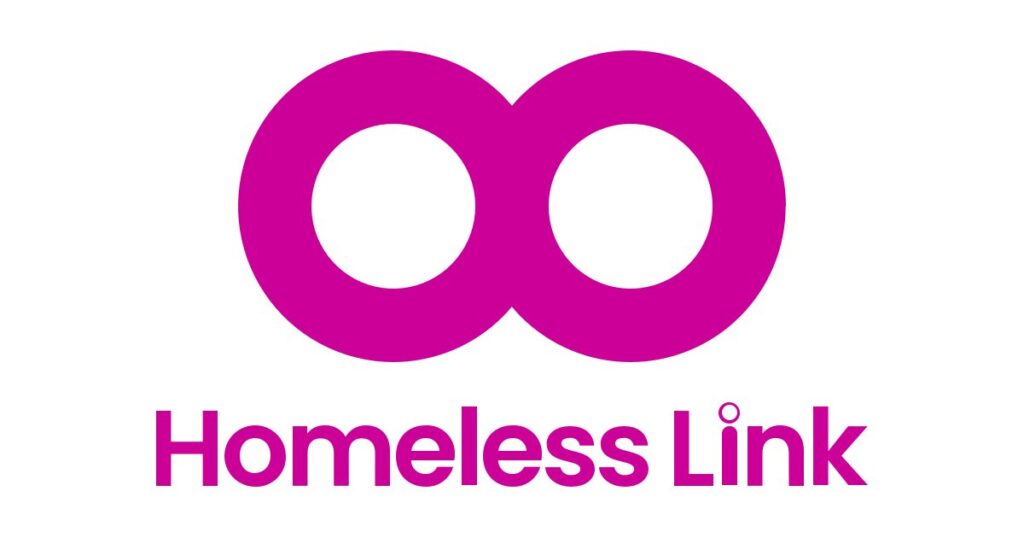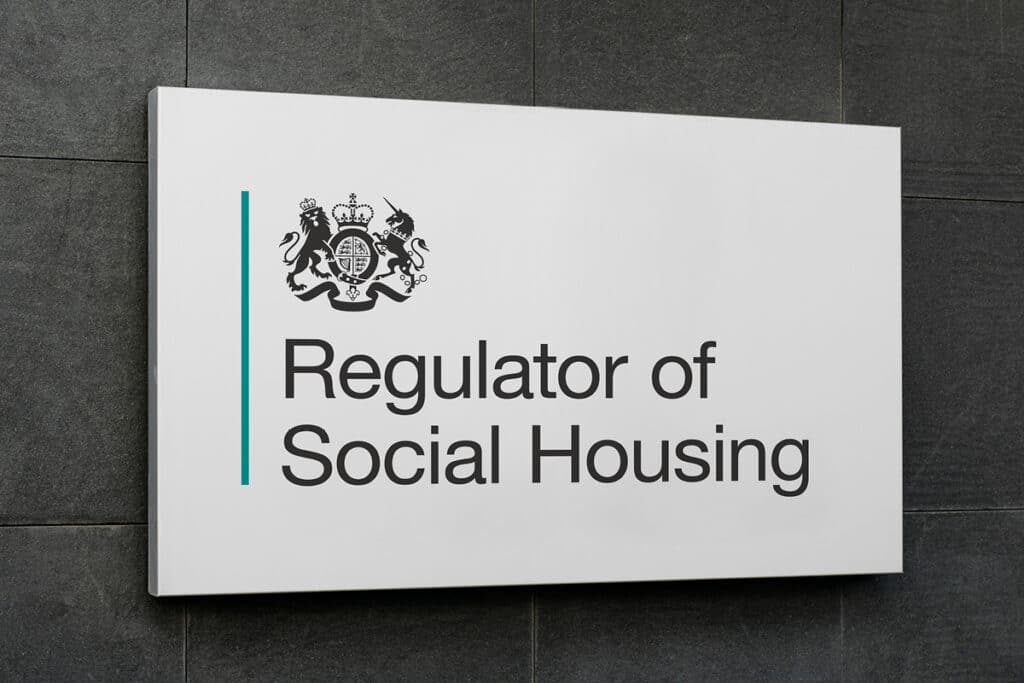This Month In Social Housing: August 2023
Ah, August – the month in which we’re supposed to be enjoying the sun, hosting barbeques, and generally kicking back and relaxing (to an extent). Given that (a) we work in ever-changing the social housing sector, and (b) are at the mercy of the British weather, most of the aforementioned rarely comes to fruition. If you’ve been so busy that not only have you foregone traditional summer pursuits but have also struggled to find the time to keep abreast of the latest goings on from within the sector then don’t worry because we’ve got you covered with this August’s edition of This Month In Social Housing. So, grab yourself a Sol or Corona*, ease a slice of lime into the neck of the bottle (without inadvertently firing lime juice directly into your retinas), sit back and read this handy round-up…

Research Reveals Two-Thirds of Senior Council Housing Staff Unqualified To Meet New Requirements
New research conducted by the Local Government Association (LGA) reveals that 66% of senior housing managers in surveyed councils lack the necessary qualifications to meet new government housing standards. Implementing these qualifications is estimated to cost councils nearly £18 million in the first two years and an additional £3.7 million annually for ongoing training. Alongside senior housing managers, 54% of senior housing executives also require further qualifications. The LGA is urging the government to cover these additional costs to avoid overburdening Housing Revenue Accounts (HRAs), which are already under workforce strain. The LGA emphasizes the need for a comprehensive, realistic strategy and local flexibility in assessing roles. The changes are part of the Social Housing (Regulation) Act, recently passed into law, and around 25,000 managers in the English social housing sector will need to obtain new professional qualifications as a result.

Social Housing Recruitment Hindered by Reputational Damage
A survey of senior figures in the social housing sector reveals that its tarnished reputation is hindering recruitment efforts. The study, conducted on behalf of Mobysoft culminated in a report titled Tackling The Social Housing Talent Gap which indicated that 77% of housing associations struggle to recruit, with 55% reporting that the issue has worsened in the past year. Nearly 40% face difficulty attracting candidates with the necessary skills, training, and qualifications, while 34% believe reputational issues are deterring potential recruits. To address these challenges, many housing providers responded that they are considering flexible work arrangements, including four-day workweeks, graduate and apprenticeship programs, and more diverse recruitment campaigns. Mobysoft CEO, Paul Evans, said that the sector needs to “change this narrative” if it is to meet growing need for social housing and its services; something that “will require many more talented, passionate people working in the sector”.

New Government Data Shows No-fault Evictions up by 41%
The Ministry of Justice reports a troubling 41% rise in no-fault evictions by bailiffs in the past year, with 2,228 households evicted between April and June 2023 due to Section 21 ‘no-fault’ eviction, compared to 1,578 households during the same quarter last year. While a ban on no-fault evictions, originally proposed in April 2019, is part of the Renters (Reform) Bill, it has not yet become law. In the meantime, thousands have faced eviction threats or actual evictions. Data reveals that 21,332 households have been evicted since the ban’s promise. Private landlords initiated 7,491 court claims under Section 21 this quarter, marking a 35% yearly increase. No-fault evictions have left 24,060 households at risk of homelessness in the past year, a 21% surge. Homelessness charity Shelter is calling on the government to prioritise the bill’s progress upon parliament’s return from recess in September.

Two in Five in Temporary Accommodation Unable to Move to Independent Living Due to Social Housing Shortage
New research by Homeless Link reveals that the shortage of social housing is the primary obstacle preventing individuals using homelessness services from transitioning from temporary accommodations to independent living. The survey, conducted among 295 English homeless accommodation providers and 61 day centers, highlights that two in five people in homelessness accommodations are “ready to move on but can’t.” Among the surveyed providers, 4,243 individuals are waiting to make this transition. The study defines readiness to move on as a point when individuals and their support workers assess their ability to maintain independent tenancy, often with some support, and when their other support needs have been addressed. However, over half of those ready to move on have been waiting for six months or more, causing a bottleneck in support for new homeless individuals. The main barrier to independent living is housing affordability, with 87% citing a lack of social housing and 65% pointing to the unavailability of private rented accommodation at Local Housing Allowance rates.

Regulator of Social Housing to Boost Workforce to Deal with Extra Powers
The Regulator of Social Housing (RSH) is planning to expand its workforce by nearly 50%, hiring 100 new staff members as it prepares to assume additional powers granted under the Social Housing (Regulation) Act. Currently, with 226 employees, the RSH is launching a recruitment campaign to fulfill its expanded responsibilities. Amongst the roles the regulator is looking to fill are up to four assistant directors of regulatory engagement, an assistant director of assessment and tenant engagement, and a tenant engagement manager. The new legislation empowers the RSH to conduct regular inspections of social landlords and issue unlimited fines. It also enables the enforcement of new consumer standards to protect tenants, scheduled to go into effect next April – something that has been a key driver for increasing staff headcount. Jonathan Walters, deputy chief executive at the RSH, said: “These are exciting and important roles at the heart of our regulation. There has never been a better time to come and join the RSH and make an impact on the social housing sector.”
Well, that’s this short, sharp, injection of news done and dusted for another month. Hopefully that little lot will have brought you fully up to date with what’s been going down in social housing town for this most disappointing of summer months. We’re all off to frantically Google ‘last minute city breaks to somewhere hot’ but once we’ve done that (and potentially gone on one of said holidays) we’ll be back here at the same time in September to do this whole news digest thing all over again. Namaste!
- Social Housing 2025: The Experts Predict What’s Next - January 2, 2025
- This Month In Social Housing: November 2024 - December 3, 2024
- Leveraging AI in Social Housing: Building a Data Strategy for Enhanced Compliance and Efficiency - November 26, 2024